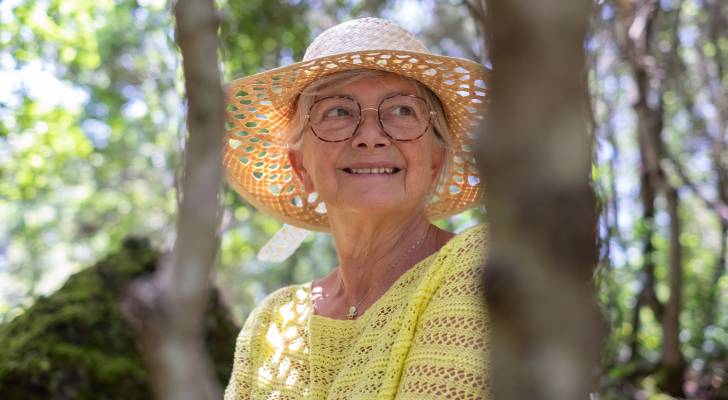Retired at 68, Single, Child-Free: Why Buy a Home When Social Security Covers Everything?

Understanding the Financial Implications of Renting vs. Buying in Retirement
Retirement is often seen as a time to enjoy the fruits of one’s labor, and for many, it represents a fresh start filled with opportunities for travel, hobbies, and personal growth. Consider the case of a 68-year-old retiree living in Sarasota, Florida. This individual is single, childless, and thriving in their independent lifestyle. With comfortable rental housing and a steady retirement income, they are able to indulge in activities like golf, fine dining, and frequent travel. Their story highlights how retirement can be a period of fulfillment and freedom.
However, for some retirees, the decision to buy or rent becomes a critical financial consideration. While owning a home has traditionally been viewed as a symbol of stability, the reality for many retirees is more complex. The absence of heirs or family obligations may lead individuals to question whether property ownership is practical for their situation. The choice between renting and buying is not just about lifestyle preferences but also about long-term financial viability.
Cost Analysis: Renting vs. Buying in Sarasota
To better understand the financial implications, let’s take a closer look at the costs associated with both renting and buying a home in Sarasota. According to data from RentCafe, a two-bedroom condo in the area typically costs around $2,079 per month, which totals approximately $24,948 annually. On the other hand, purchasing a similar property would require an initial investment of around $380,000. If a retiree makes a 50% down payment of $190,000 and takes out a 30-year fixed mortgage at an average rate of 6.5%, their monthly principal and interest payments would be roughly $1,200.
But this calculation doesn’t account for additional expenses such as property taxes, HOA fees, insurance, and maintenance. In Sarasota, HOA fees range from $200 to $450 per month, so we’ll estimate $300 as a middle ground. Property taxes in Florida are about 0.74% of the home’s value, which translates to approximately $235 per month. Condo insurance averages around $52 per month based on annual rates. Additionally, it's recommended to set aside 1 to 4% of the home’s value annually for maintenance, which could amount to around $300 per month for a new build.
Adding these expenses together, the total monthly cost of homeownership comes to roughly $887, bringing the overall expense to around $2,087 per month when combined with the mortgage. This is nearly equivalent to the cost of renting, suggesting that for some retirees, renting may be the more financially prudent choice.
Tax Considerations and Financial Flexibility
For retirees aged 65 and older, the IRS standard deduction of $14,600 for single filers often eliminates the tax benefits of itemizing mortgage interest. Without this advantage, maintaining liquidity might be more beneficial than tying up capital in real estate. Keeping assets easily accessible provides greater financial flexibility, especially as unexpected expenses or healthcare needs arise.
Homeownership does offer a sense of stability and security, particularly for seniors. According to the U.S. Census Bureau, about 79% of households with adults over 65 own their homes. However, many face challenges with maintenance costs and other expenses as they age. Renting, on the other hand, offers flexibility and freedom that homeownership cannot match. Renters can relocate easily, adjust their living space, and avoid the complexities of the real estate market.
Pros and Cons of Renting vs. Buying
When weighing the options, it’s important to consider the advantages of each:
Pros of Buying: - Predictable payments with a fixed-rate mortgage. - Potential for equity growth if the market appreciates. - Freedom to make changes or renovations without landlord approval.
Pros of Renting: - No surprise repair bills, as major fixes are typically the landlord’s responsibility. - Greater flexibility to move or adjust living arrangements. - Easier access to funds for emergencies or investments. - Lower risk in a cooling housing market.
Ultimately, the decision between renting and buying depends on personal priorities. Some retirees may prefer the stability and potential equity of homeownership, while others may value the freedom and financial flexibility that renting provides. For those whose monthly homeownership costs do not significantly undercut rental expenses, renting may be the smarter financial choice.
Final Thoughts
Whether you choose to rent or buy, the key is to align your decision with your financial goals and lifestyle preferences. As the saying goes, "Your home is where your heart is," but it’s also where your finances are. By carefully evaluating all factors, retirees can make informed choices that support their long-term well-being and happiness.

Posting Komentar untuk "Retired at 68, Single, Child-Free: Why Buy a Home When Social Security Covers Everything?"
Posting Komentar